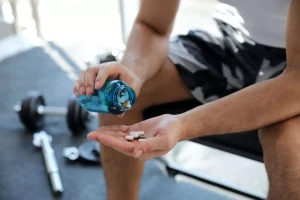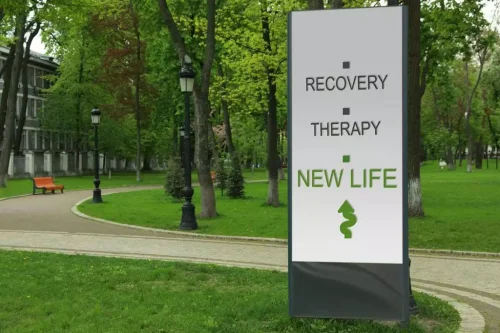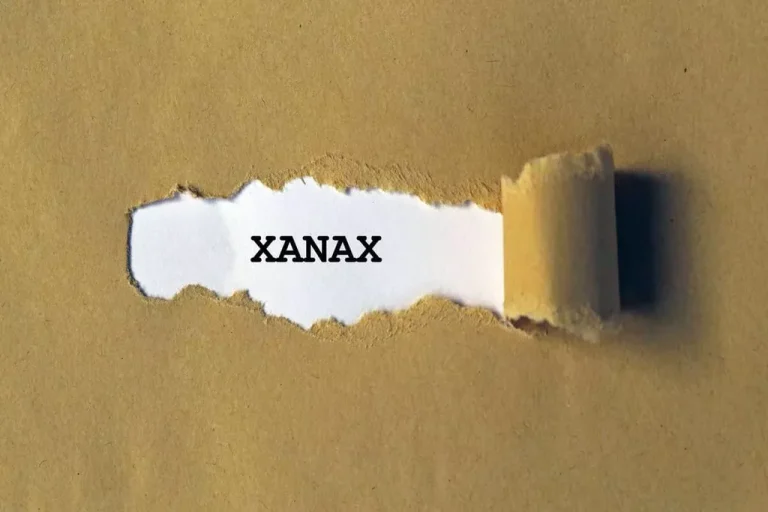Helping a High-Functioning Alcoholic in Denial

As their reliance on alcohol increases, you may begin to notice that your loved one downplays the role alcohol has in their lives and makes excuses for their actions, especially their drinking. While their appearance may not be any different and they can still fulfill their responsibilities, you’ll start to see a pattern develop of turning to alcohol to cope with family, work or personal issues. If you’ve had thoughts similar to the above, you may want to speak with someone you trust or a therapist to further explore your habits. They can help you recognize and overcome denial, improve your habits, or get help for a substance use disorder. For example, instead of saying, “You need to stop drinking! You’re ruining your life!” try saying, “I’ve noticed changes in your behavior lately, and I’m concerned about you. Is everything okay? I’m here for you.”
What Is Alcoholic Denial?
- Like Stone, Cherron Hudson, a recovery counselor at First Step Recovery Center in Columbus, says she began drinking at an early age too.
- If you’ve been covering up for your loved one and not talking about their addiction openly for a long time, it may seem daunting to reach out for help.
- Now that you have recognised the importance of seeking support for yourself, it’s time to shift our focus towards helping your loved one take back control of their life.
SRE-T scores reflect the average across first five, heaviest drinking period, and recent 3-month drinking. Higher average drinks needed for effects indicates lower response per drink and higher future risk for alcohol problems (Daeppan et al., 2000; Ray et al., 2010; Schuckit, 2018a; Schuckit et al., 2019 https://ecosoberhouse.com/article/drug-use-in-sports-risks-you-have-to-know/ a, b). As probands’ biological children reached age 18, they were personally interviewed every five-years using SSAGA-based questions. The first interview following their 18th birthday included the impulsivity and sensation seeking questionnaires, and, for those with experience with drinking, the SRE.
The Role of Denial in Addiction

It cuts off the possibility of positive change, leading to a lifetime of issues with health, finances, and relationships. For many who struggle with alcohol use disorder, it’s much easier to pretend that the problem doesn’t exist. That way, there’s no need to make major lifestyle changes or face difficult emotions. They don’t have to open themselves to judgment or navigate alcoholism and denial the unknown challenges of treatment. For example, keeping our eyes shut about the realities of a physical or mental illness can lead to serious health consequences. “We see a lot of teens with depression and substance use disorders, and some parents deny there are problems because they’re afraid of what it means for the child. It comes from a place of worry,” Scholl says.
- These professionals have the knowledge and expertise to address the underlying causes of their substance use disorder, helping the person develop coping mechanisms and strategies for staying sober.
- Denial is one of the biggest barriers to treatment for alcohol addiction.
- In time, you can learn to face your fears or concerns, and develop a concrete plan to change.
- A professional intervention can be especially beneficial if your loved one is in denial about the extent of their substance use problem.
- If your loved one has become addicted to alcohol, however, their brain chemistry may have changed to the point that they are completely surprised by some of the choices they make.
- However, as addictive behaviors become more disruptive to a person’s life, it can be harder to deceive oneself and others and ignore what is happening.
Graduate School of Addiction Studies
- The contemplative stage ends with the decision to make a change, yet further steps such as preparation, action, and later maintenance and likely relapse are usually needed before the addiction is controlled.
- The information we provide is not intended to be a substitute for professional medical advice, diagnosis or treatment.
- People with an alcohol use disorder can be highly functioning or compromised.
- They may claim that others are overreacting, and they can change their ways at any point.
- When you realize denial is a coping mechanism, you may feel less frustrated with the behaviors you’ve seen.
- If you have a loved one who is struggling with addiction, you may feel overwhelmed and uncertain about how to help them, especially if they are in denial about their unhealthy substance use.
Over time, we tend to remember positive experiences more vividly and in greater detail than negative ones. Our brains tend to remember past experiences more positively than they actually were, often overlooking the negative aspects. Our memory selectively highlights the pleasures while downplaying or entirely forgetting the pain. When it comes to alcohol or other addictive substances, this creates powerful yet distorted memories that lure a person back into use.

